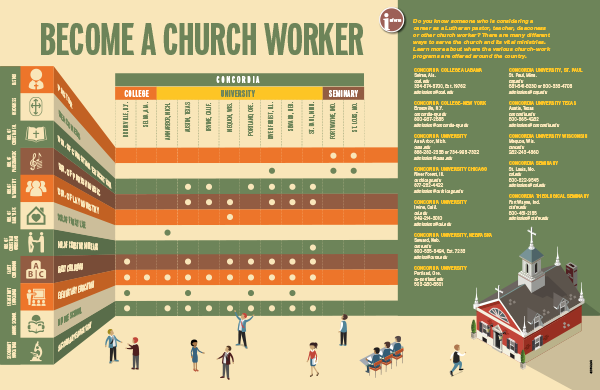Revealing The Comprehensive Background And Continuing Impact Of Catholic Schools Globally
Revealing The Comprehensive Background And Continuing Impact Of Catholic Schools Globally
Blog Article
Writer-Eskesen Bell
When you consider the history of education and learning, Catholic schools attract attention for their ingrained traditions and enduring influence. These institutions began as a way to infuse belief and values, yet they have actually adapted incredibly over centuries. Today, they play a critical role fit not just scholastic success however additionally moral integrity. What's fascinating is how they've handled to grow in the middle of altering cultural landscapes, questioning about their future relevance and influence.
The Beginnings of Catholic Education: A Historical Perspective
Catholic education traces its origins back over 1,500 years, when early Christian communities acknowledged the need for structured knowing. You'll discover that these neighborhoods intended to hand down their faith and values with education.
Monasteries and basilica schools came to be facilities of understanding, supporting both spiritual and intellectual development. As you delve deeper, you'll see that the educational program commonly included approach, faith, and the liberal arts, created to form versatile individuals.
In https://click4r.com/posts/g/21236937/a-substantial-trip-is-set-to-unfold-as-catholic-education-and-learning , the Church developed more formal establishments, making sure that education and learning continued to be obtainable to all. The dedication to teaching ethical worths and promoting a sense of area has actually continued with the centuries, forming the academic landscape and influencing numerous lives worldwide.
This long-lasting tradition remains to influence Catholic education today.
The Evolution of Catholic Colleges Through Cultural Contexts
As cultures advanced, so did the duty of Catholic institutions, adapting to the cultural contexts in which they existed. In the very early years, these institutions concentrated mostly on spiritual guideline, but as areas expanded, they began to include local languages, personalizeds, and educational demands.
You 'd observe that Catholic schools usually came to be centers for social communication, promoting a sense of belonging amongst trainees from numerous backgrounds. In https://www.economist.com/united-states/2021/04/08/america-tries-to-figure-out-a-fairer-way-to-select-students of regions, they attended to societal problems, such as poverty and discrimination, by supplying available education for all.
As you check out various cultures, you'll see how Catholic colleges have moved their curricula and training techniques, showing the values and difficulties of their settings while holding to their foundational goal of belief and academic quality.
The Modern Function and Influence of Catholic Schools in Culture
In today's world, Catholic institutions play a crucial role fit not simply the instructional landscape, however also the broader community.
https://zenwriting.net/katy85rosendo/catholic-schools-and-character-education-instilling-generosity-respect-and 'll locate that these institutions highlight worths like regard, compassion, and social justice, cultivating well-shaped people who contribute favorably to culture. By focusing on scholastic excellence and ethical advancement, Catholic colleges prepare pupils for future challenges, nurturing critical thinking and leadership skills.
They typically serve diverse populaces, linking gaps in accessibility to top quality education and learning. Additionally, you may notice their dedication to solution, encouraging pupils to participate in area outreach and volunteer work.
This blend of education and moral assistance makes Catholic institutions a considerable force, growing responsible people who can influence their neighborhoods right.
Conclusion
In conclusion, Catholic schools have a rich history that's shaped their long-lasting influence on culture. additional reading 've seen how they have actually adjusted to various cultural contexts while keeping a commitment to faith, values, and academic quality. Today, they continue to play an important duty in cultivating community, promoting social justice, and nurturing liable residents. As you reflect on their tradition, it's clear that Catholic institutions remain an effective force for favorable adjustment on the planet.
